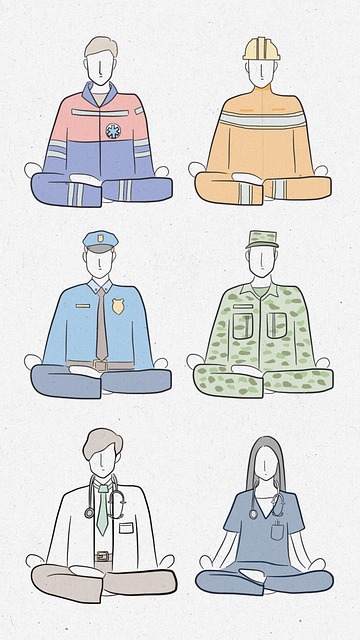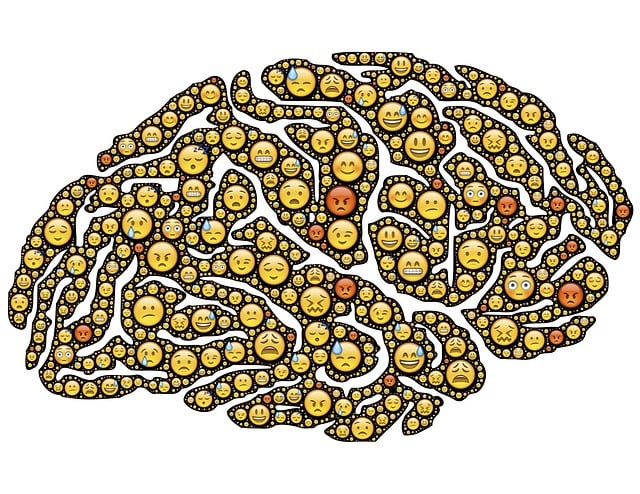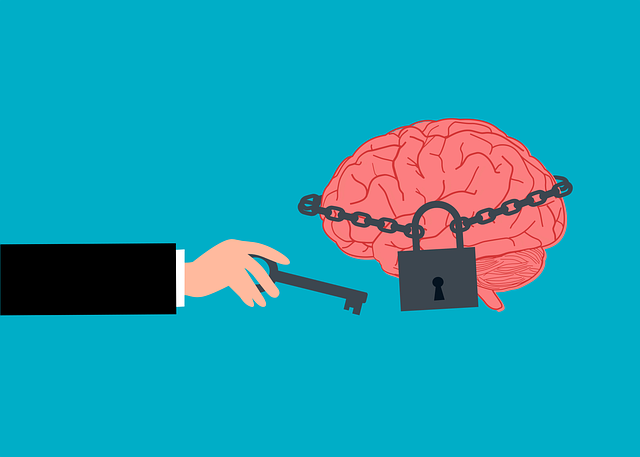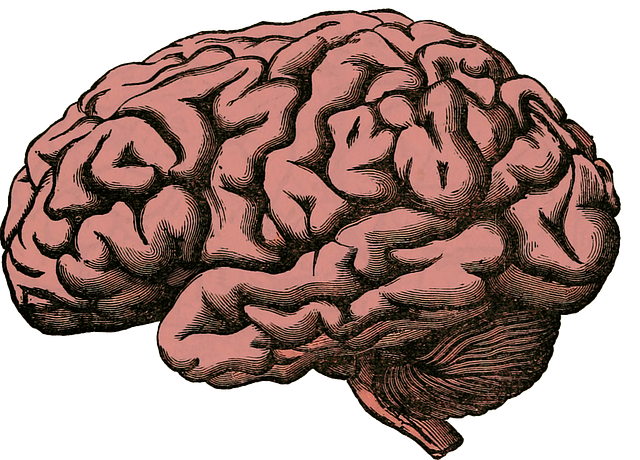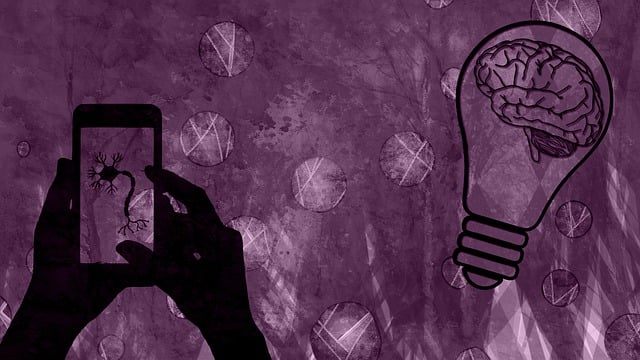Diagnosing mental illness in young adults is hindered by biological, social, and environmental factors, as well as stigma. To improve accuracy, Mental Health Education Programs, Community Outreach Initiatives, and tailored therapies like CBT and mindfulness-based interventions are essential. Integrating technology through virtual reality therapy and AI chatbots further enhances access and diagnosis. Building resilience and support systems through awareness initiatives and early intervention, such as mindfulness meditation, encourages young adults to seek professional help, improving long-term mental health outcomes.
Mental illness diagnosis accuracy among young adults remains a significant challenge, with many cases undiagnosed or misidentified. This article explores critical efforts to improve diagnostic practices, focusing on innovative therapies and treatment modalities tailored to young adults’ unique needs. We examine the growing role of technology in enhancing assessment tools and discuss building resilient support systems for long-term accurate mental health management in this demographic. By leveraging cutting-edge approaches, we aim to advance care for young adults grappling with mental illness.
- Understanding the Challenges of Mental Illness Diagnosis in Young Adults
- Innovative Therapies and Treatment Modalities for Improved Accuracy
- The Role of Technology and Digital Tools in Enhancing Diagnosis
- Building Resilience and Support Systems for Accurate Long-Term Assessment
Understanding the Challenges of Mental Illness Diagnosis in Young Adults

Diagnosing mental illness in young adults presents unique challenges due to several factors. Firstly, this age group often exhibits a complex interplay of biological, social, and environmental influences, which can make it harder to pinpoint specific causes or symptoms. Many young adults are also in a critical period of brain development, adding another layer of complexity. Additionally, societal stigma surrounding mental health issues can deter individuals from seeking help, leading to delayed diagnosis and treatment.
Efforts to enhance diagnosis accuracy focus on various strategies tailored to this demographic. For instance, designing Mental Health Education Programs that raise awareness and reduce stigma can encourage early recognition of symptoms. Community Outreach Program Implementations targeting young adults can facilitate access to resources and support networks, fostering a sense of belonging and empathy-building strategies that promote understanding and acceptance. Therapy for Young Adults plays a pivotal role in addressing these challenges, offering specialized interventions to navigate the complexities of mental health diagnosis and treatment during this developmental stage.
Innovative Therapies and Treatment Modalities for Improved Accuracy

Mental illness diagnosis accuracy can be significantly enhanced through innovative therapies and treatment modalities tailored for young adults. Many traditional approaches often fail to account for the unique cognitive, emotional, and social dynamics specific to this demographic. Therapies like cognitive behavioral therapy (CBT), mindfulness-based interventions, and psychodynamic therapy have shown promise in improving diagnostic precision by targeting specific challenges faced by young adults, such as navigating academic pressures, building identity, and managing intensifying emotions.
For instance, incorporating coping skills development and emotional intelligence training into treatment plans can empower young adults to better understand and manage their mental wellness. These strategies not only enhance self-awareness but also provide practical tools for coping with stress, anxiety, and depression. By integrating these innovative approaches, mental health professionals can achieve greater diagnostic accuracy while fostering resilience in young adults seeking support.
The Role of Technology and Digital Tools in Enhancing Diagnosis

The integration of technology and digital tools has revolutionized the way mental health professionals assess and diagnose young adults with mental illness. Online platforms now offer a range of innovative solutions, from virtual reality therapy sessions that immerse individuals in therapeutic scenarios, to AI-powered chatbots providing immediate support and coping skills development resources. These advanced tools not only improve access to care but also enhance diagnosis accuracy by offering more detailed insights into an individual’s emotional state.
For instance, digital stress management workshops organized by mental wellness organizations utilize interactive modules and real-time feedback mechanisms to teach effective coping strategies. This personalized approach ensures that young adults receive tailored guidance, empowering them to actively engage in their own mental wellness journeys. By combining the expertise of professionals with the accessibility of technology, these efforts collectively aim to improve diagnosis accuracy and overall mental health outcomes for this demographic.
Building Resilience and Support Systems for Accurate Long-Term Assessment

Building resilience and support systems is paramount for accurate long-term mental illness assessment, especially among young adults. Early intervention plays a pivotal role in managing conditions like anxiety, which often presents subtle symptoms that can be easily overlooked. By fostering Mental Health Awareness among peers, schools, and communities, we create an environment where young adults feel comfortable discussing their struggles without stigma. This openness facilitates early detection through open conversations, encouraging individuals to seek therapy for Young Adults when needed.
Integrating practices like Mindfulness Meditation into daily routines can significantly enhance resilience. Mental Health Awareness initiatives teach young adults coping mechanisms to manage stress and anxiety, reducing the likelihood of symptoms escalating. Such proactive measures not only improve assessment accuracy but also foster a culture where mental well-being is prioritized, ensuring better outcomes for those facing challenges like anxiety relief.
Mental illness diagnosis accuracy among young adults is a multifaceted challenge that requires innovative solutions. By understanding the unique challenges faced by this demographic, integrating cutting-edge therapies and treatment modalities, leveraging technology and digital tools, and fostering robust support systems, we can significantly enhance the accuracy of long-term mental health assessments for young adults. These efforts not only improve access to effective care but also promote better outcomes and overall well-being for this vulnerable population.
